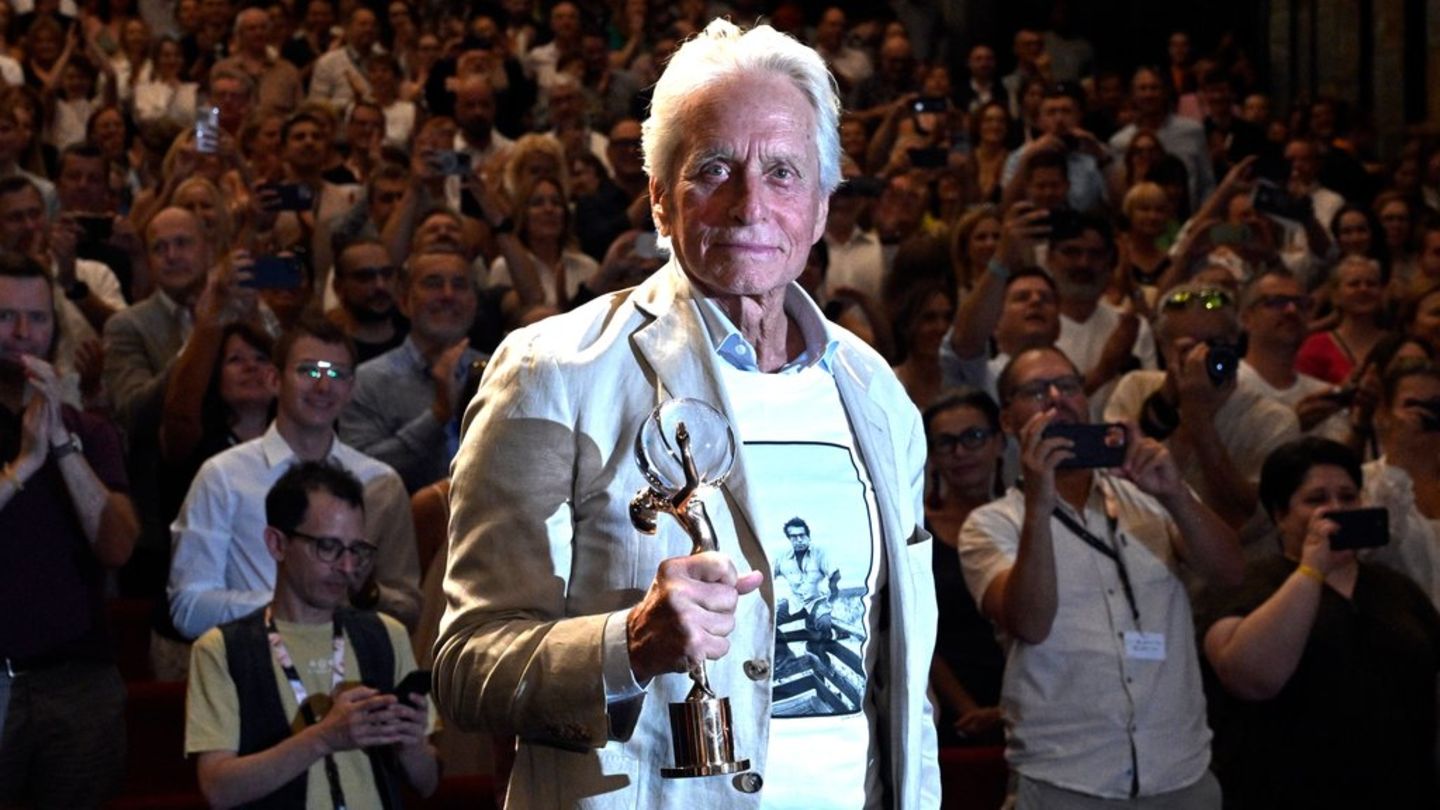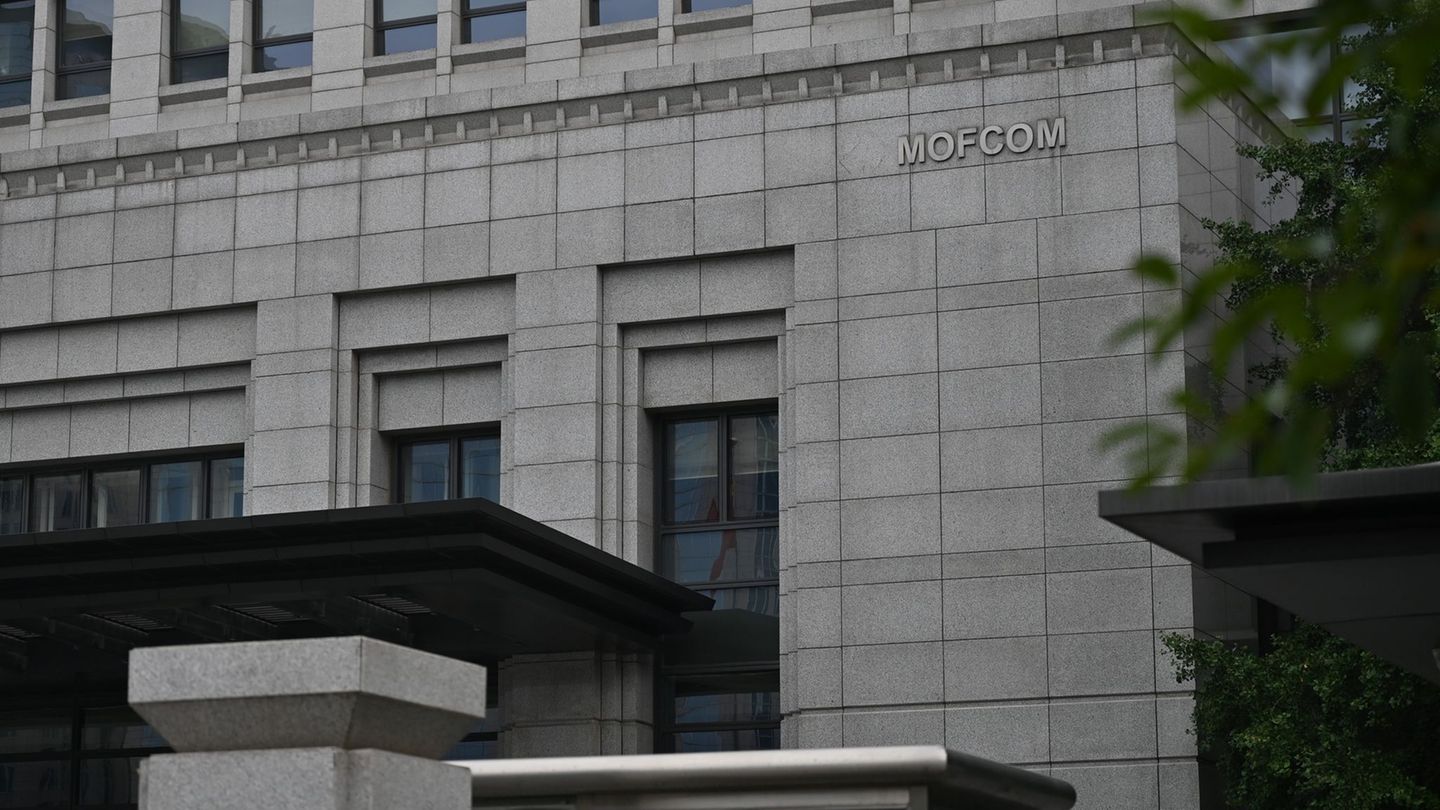After the massive Israeli bombings, panic is spreading in the Mediterranean country. People are fleeing and fear a greater escalation.
Fueled by new Israeli air strikes, fear is growing among the population in Lebanon. The Lebanese authorities reported on Wednesday that 51 more people had been killed and around 220 more injured – more than 600 people, including women and children, have been killed since the intensive Israeli attacks began on Monday.
The Israeli military said it had shot down a missile fired by the Lebanese Hezbollah at Tel Aviv, the first time the Iran-backed militia had directly targeted the Israeli coastal metropolis.
In the fight against Hezbollah, the Israeli army says it is mobilizing two additional reserve brigades. The aim is “operational missions in the northern area.”
Chief of Staff Herzi Halevi said the army was preparing for a possible ground offensive. Intensive air strikes in the northern neighboring country were a preparation for this, while the striking power of the Lebanese Hezbollah militia was being reduced, Halevi said, according to military sources. Hezbollah sources said the militia’s fighters were “ready to oppose any possible ground invasion.”
Ghost towns, panic and a lot of solidarity in Lebanon
The bombings hit mainly the south of the small Mediterranean country with a total of almost 6 million inhabitants, but also the Bekaa Valley in the east. They triggered panic and despair. Displaced people and residents of the affected areas in the south sought shelter on the beach – far from possible targets in the hope of being safer there. Many towns near the Lebanese-Israeli border seemed deserted.
According to the UN refugee agency UNHCR, tens of thousands of people have been forced to flee since Monday. And the UN Office for the Coordination of Humanitarian Affairs (OCHA), citing Lebanese authorities, reported that many of the more than 90,000 registered displaced people had not had to leave their homes for the first time.
Many Lebanese people showed their solidarity: they offered places to sleep, hotels provided rooms for refugees free of charge. But eyewitnesses also reported attempts to exploit the plight of the displaced people: mattresses and electronic devices were sold at inflated prices.
Multiple displacement
The conflict is hitting the already crisis-ridden country hard. For years, Lebanon has been suffering from an economic crisis that has also brought the health system to the brink of collapse. In addition, the country has taken in around 1.5 million refugees since the outbreak of the Syrian civil war in 2011. “We fled our country a few years ago, I come from Homs, and now we are on the streets and don’t know where to go,” complained Mohammed, a Syrian refugee and father of six children.
According to the UN, thousands of people are now trying to flee the conflict to Syria. Hundreds of cars with desperate people are parked at the border. Many people are also coming on foot, with their few belongings in boxes and suitcases. Some were injured in the attacks. They spent the night outside and have been waiting for hours at the border crossing. In search of safety, people have to flee within a region that can hardly offer them any protection, said the German partner of the UNHCR, the UN Refugee Agency.
Extensive missile arsenal
Since the outbreak of the Gaza War between Israel and Hamas in the Gaza Strip almost a year ago, there has been almost daily mutual shelling in the Israeli-Lebanese border region. Hezbollah says it wants to support Hamas in the Gaza Strip with its attacks. After the massive Israeli bombings of Hezbollah targets in Lebanon since the weekend, there is now a threat of open war between Israel and Hezbollah. Israel wants to weaken the militia to the point where it stops shelling and Israelis can return to their residential areas in the north of the country.
Observers and ex-military personnel in Lebanon, meanwhile, confirm the Israeli military’s accusation that Hezbollah is hiding weapons in residential areas. “Hezbollah has no barracks or places to store its weapons because Israel will discover them,” said Lebanese former army brigadier Wehbe Katischa, who was deployed in southern Lebanon. “That’s why their main depots are between houses and in mountainous areas near homes.” However, residents often know nothing about the weapons depots. Hezbollah had an estimated 150,000 rockets before the start of the Gaza war.
Rocket alert triggered in central Israel
Sirens wailed in the Israeli coastal metropolis of Tel Aviv early on Wednesday morning. According to a military spokesman, it was the first time ever that the Hezbollah militia had fired a rocket at Tel Aviv. It was intercepted. The Shiite organization said the attack was aimed at the headquarters of the Israeli foreign intelligence service Mossad in a suburb of Tel Aviv. The last time a rocket alert was triggered in the metropolis was at the end of May, when it was due to an attack by Hamas.
Pope: Escalation in the Middle East must be stopped
Pope Francis called on the international community to take action. “I hope that the international community will do everything to stop this terrible escalation. It is unacceptable,” said the head of the Catholic Church in his weekly general audience in St. Peter’s Square in Rome. He was saddened by the air strikes of the past few days. There are too many deaths and too much destruction to be mourned in Lebanon.
Iran’s religious leader: Hezbollah will not fall
Despite the killing of high-ranking Hezbollah commanders in recent days, Iran’s religious leader sees no signs of the organization’s defeat. “Without a doubt, it was a loss for Hezbollah, but it was not a loss that would bring Hezbollah down,” said Ayatollah Ali Khamenei (85) at an event for veterans in Tehran.
Hezbollah has been considered Iran’s most important ally in the Middle East for years. Observers consider it unlikely that Tehran would rush to its aid in the event of a war. Iran’s new government under President Massoud Peseschkian is struggling with a serious economic crisis and is trying to reconcile itself with the West.
Source: Stern
I have been working in the news industry for over 6 years, first as a reporter and now as an editor. I have covered politics extensively, and my work has appeared in major newspapers and online news outlets around the world. In addition to my writing, I also contribute regularly to 24 Hours World.




